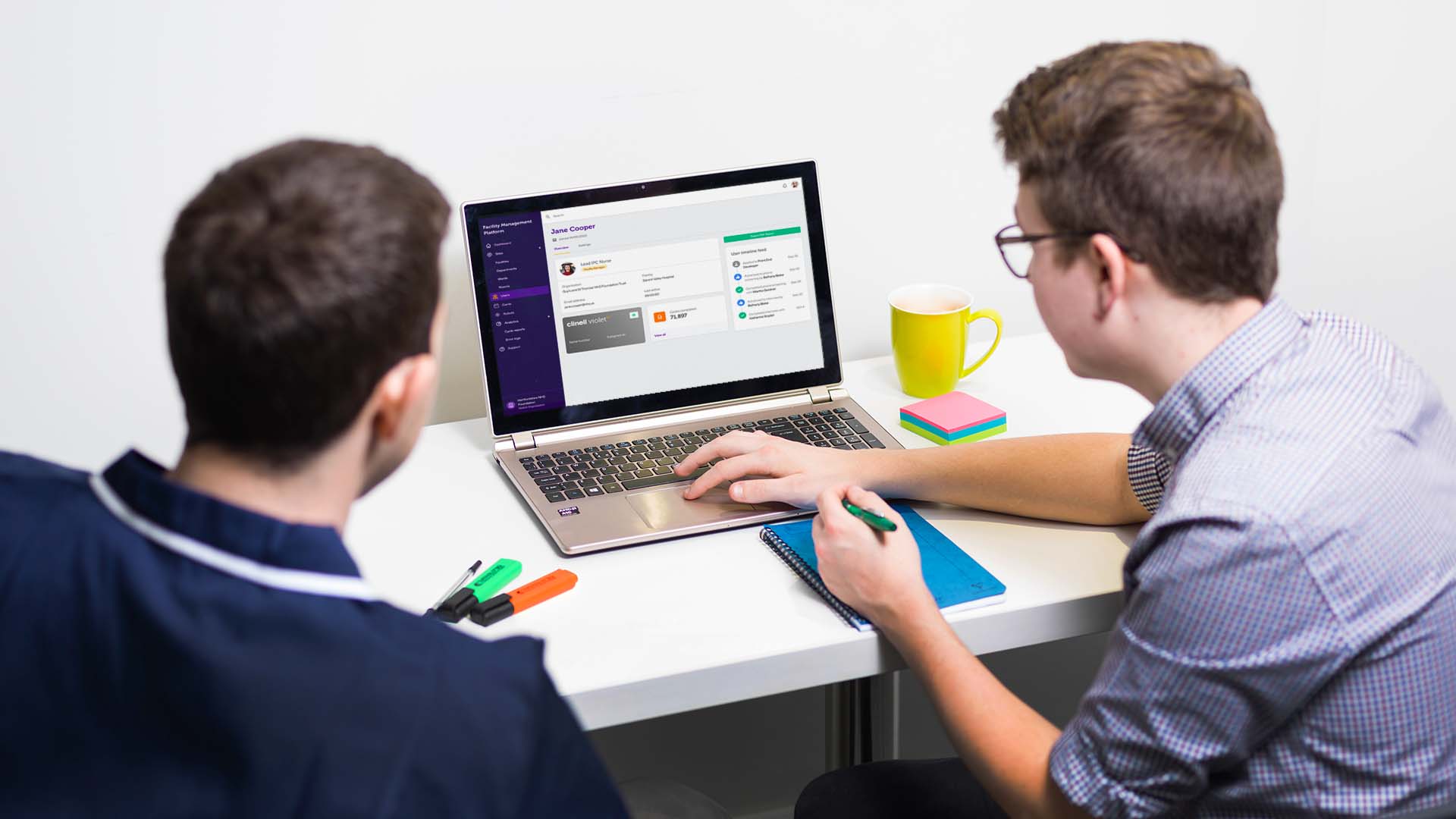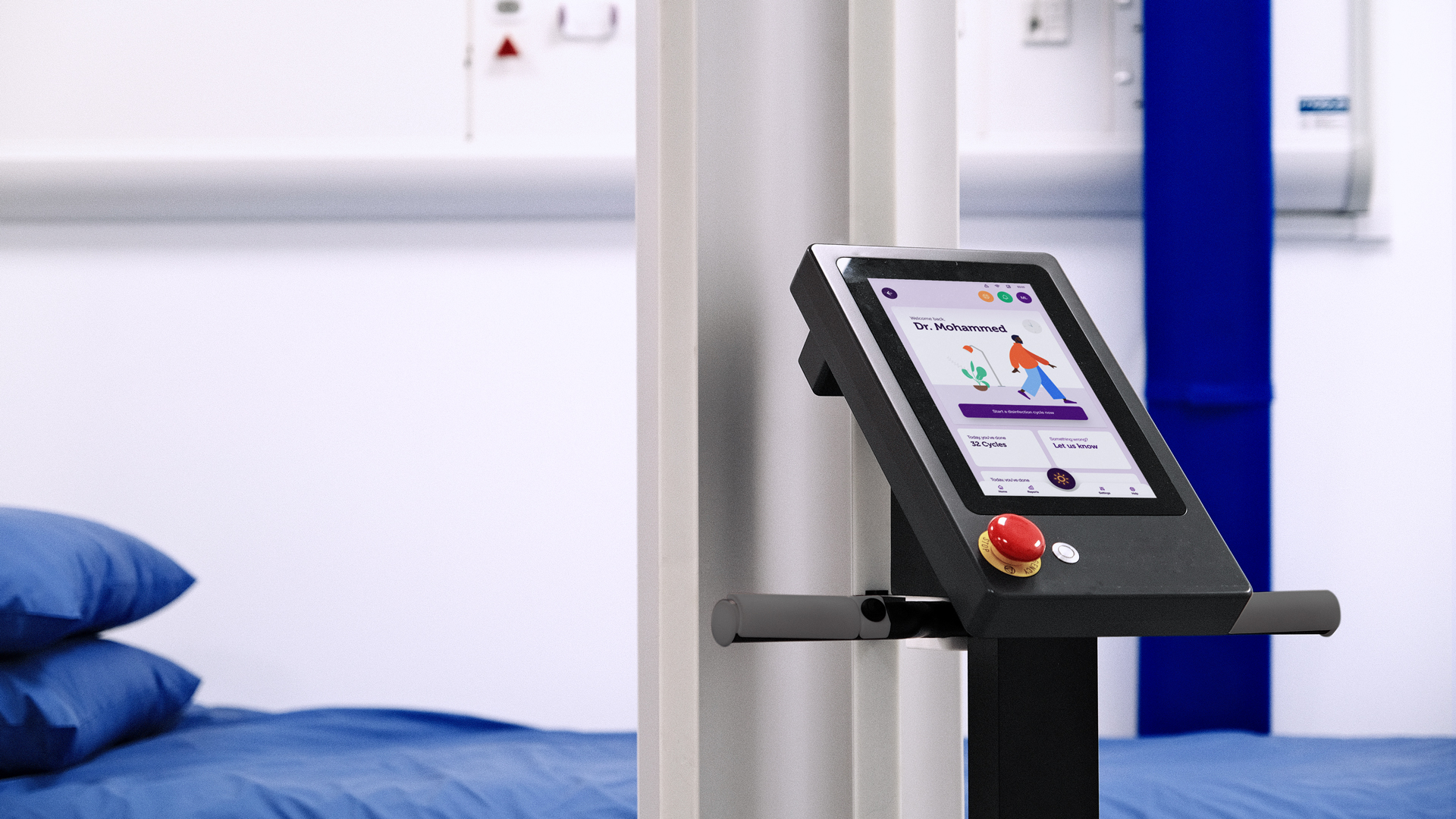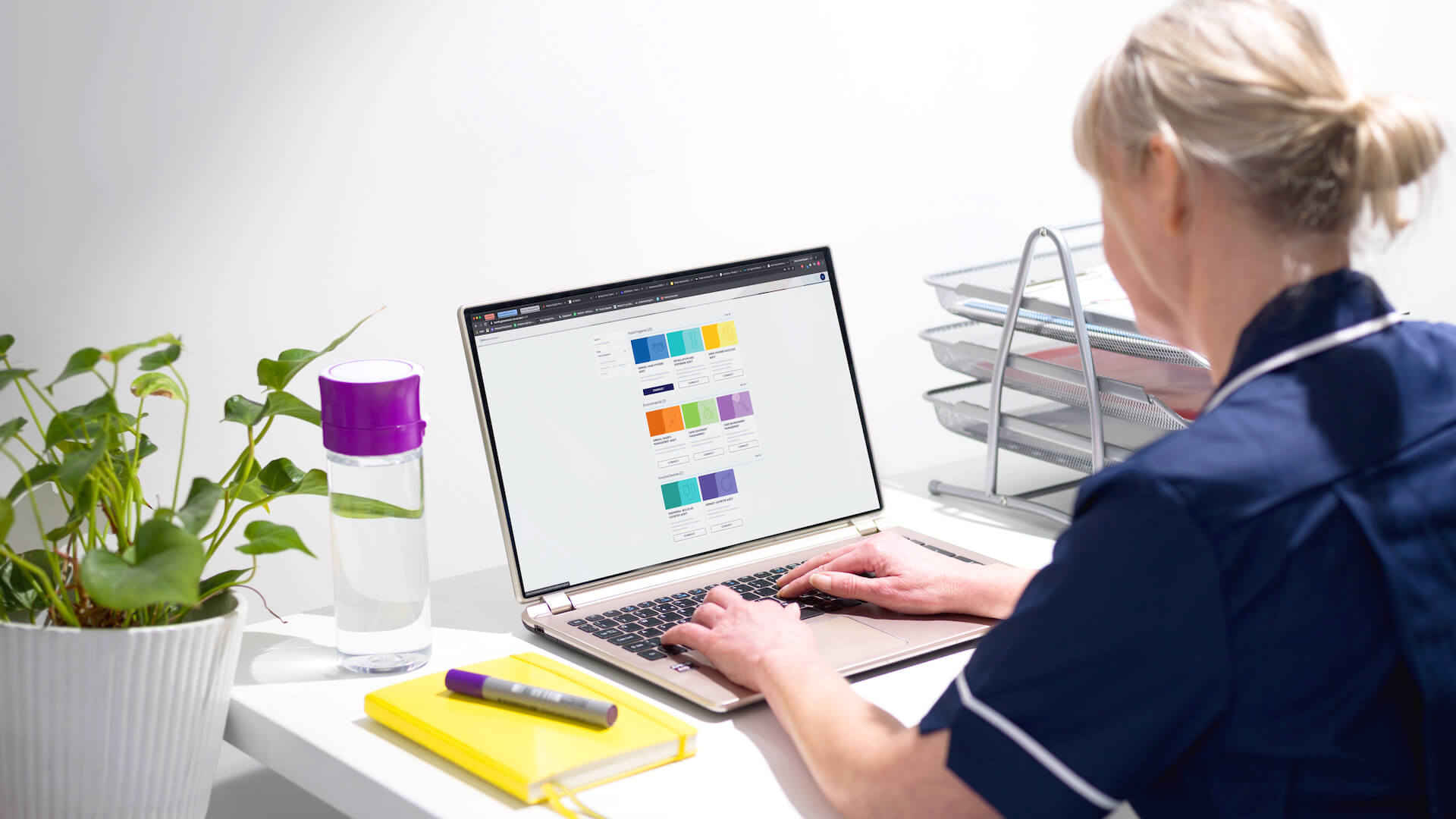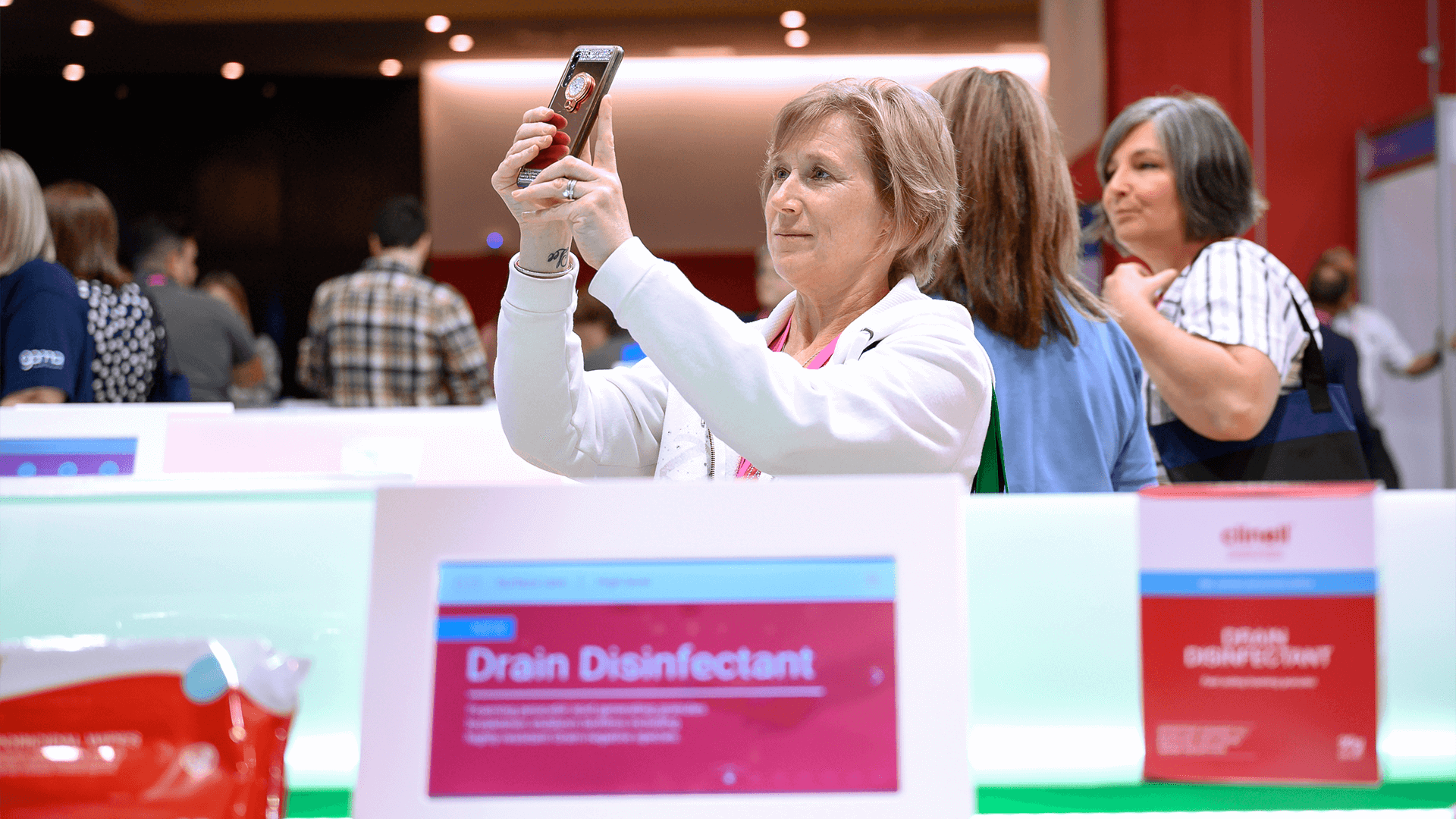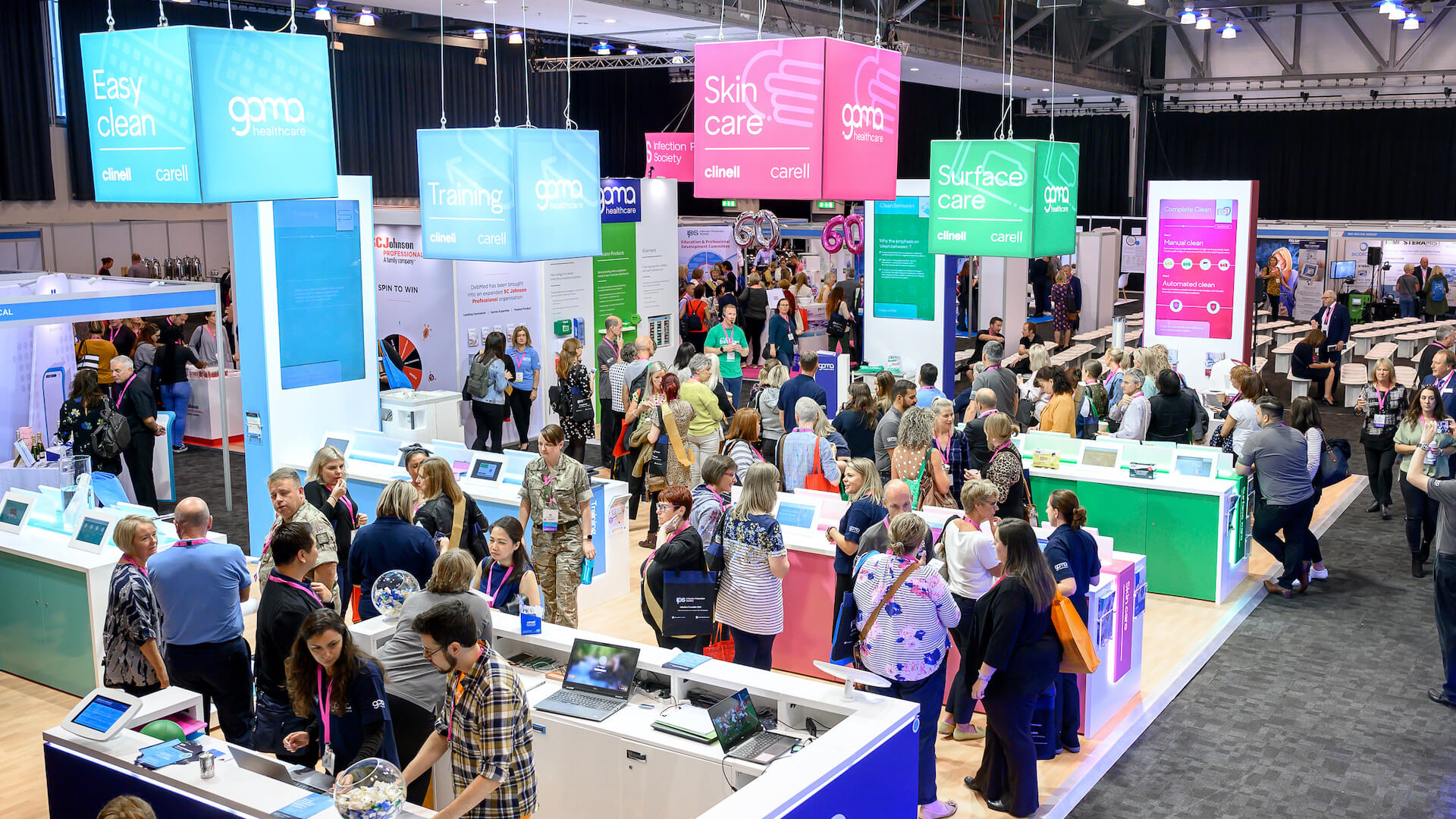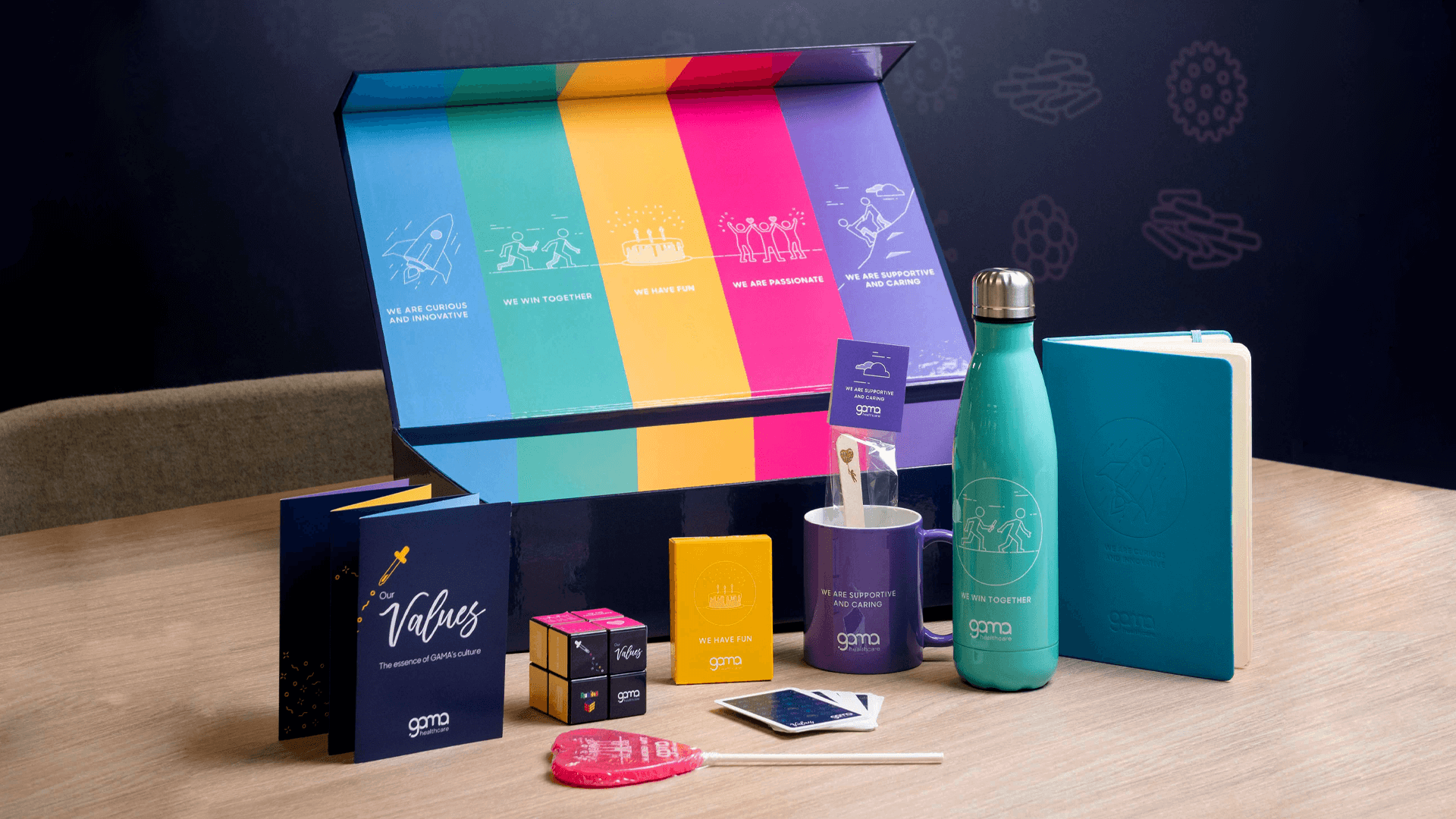The Great GAMA Bug Hunt was created to bring excitement, interest and footfall to GAMA's biggest annual conference stand. I worked in a small team to conceptualise, design and execute this while maintaining the company's brand and core values and messaging.
What we did
Game design, stakeholder alignment, branding, campaign design, user flow, prototyping & UI design
Results
- Conversation generation
- Increased footfall to conference stand
- Increased attendance to supporting talks and demonstrations
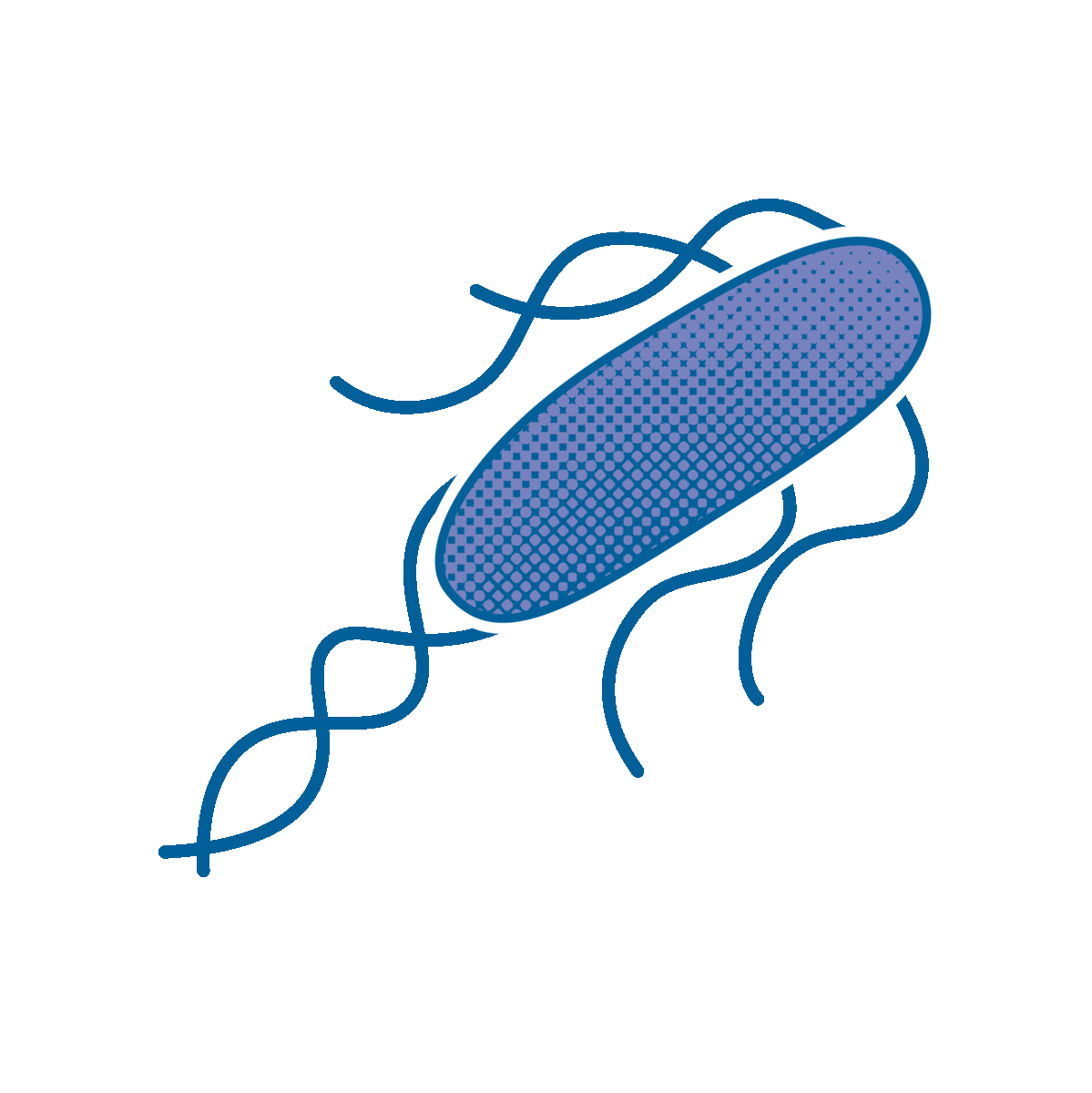

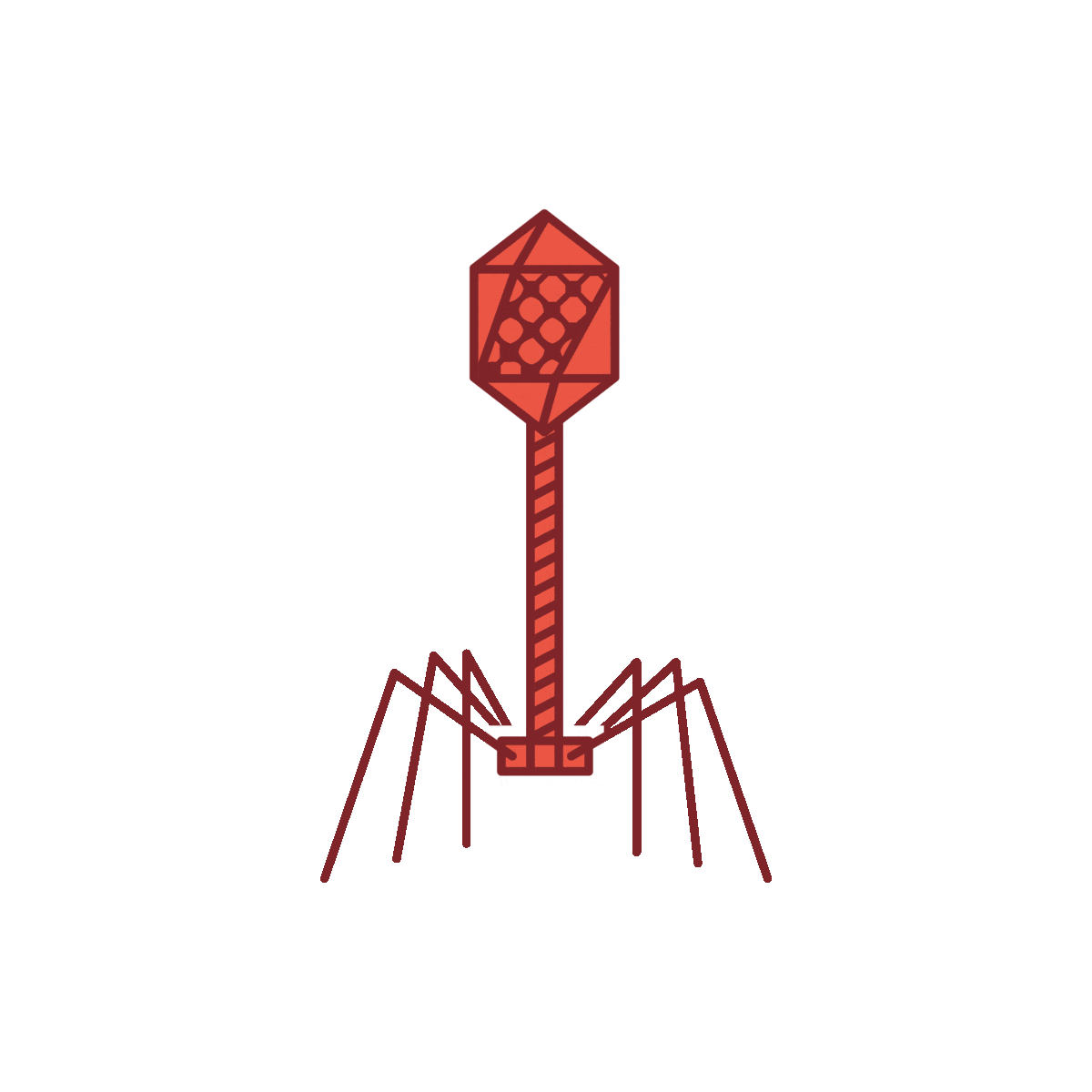
Challenge
Every year at the Infection Prevention Society conference, to help generate interest, footfall and conversation, GAMA Healthcare introduces a game or activity. These help the sales representative, who attend the show, build customer relationships as well as generate conversation.
One of GAMA Healthcare's core values is to provide education, training and on-hand support to healthcare professionals, so we wanted to ensure our game would fulfil these requirements. Following several brainstorming sessions and research, we settled on wanting to utilise AR as an exciting and emerging, but accepted, technology (thank you Pokémon GO).
Solution
Working closely in a team of one developer and designer, our plan was to hide scannable "badges" around our stand and in the conference hall, at specific points of interest. We also printed them on flyers that were handed out during our stand demos and symposium talks. Players scanned the badges and were faced with an infection prevention or product based question, which related to the area the badge was placed. If answered correctly, they then had to find and catch the bugs that appeared on their camera screen. If answered incorrectly, they had to try again and their bug catching time deducted.
Our aim for this was to encourage users to engage with the information in the area to be able to answer the question correctly. Therefore supporting the concept of providing education and training.
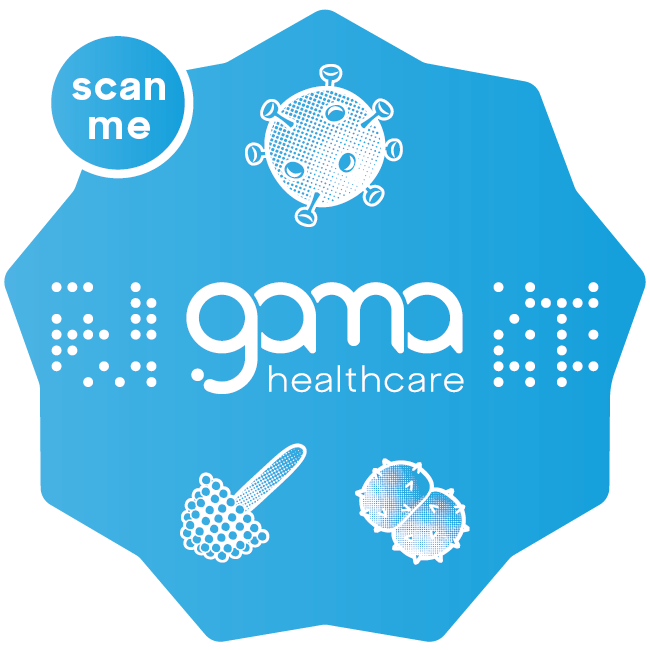
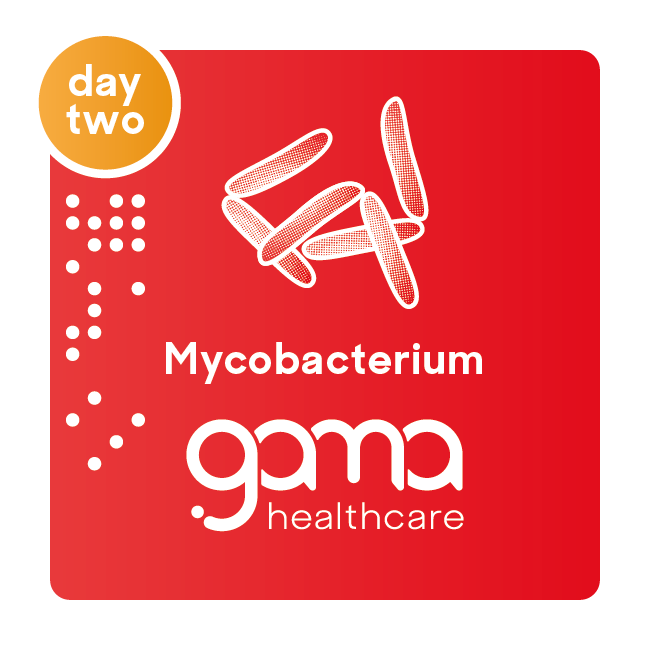
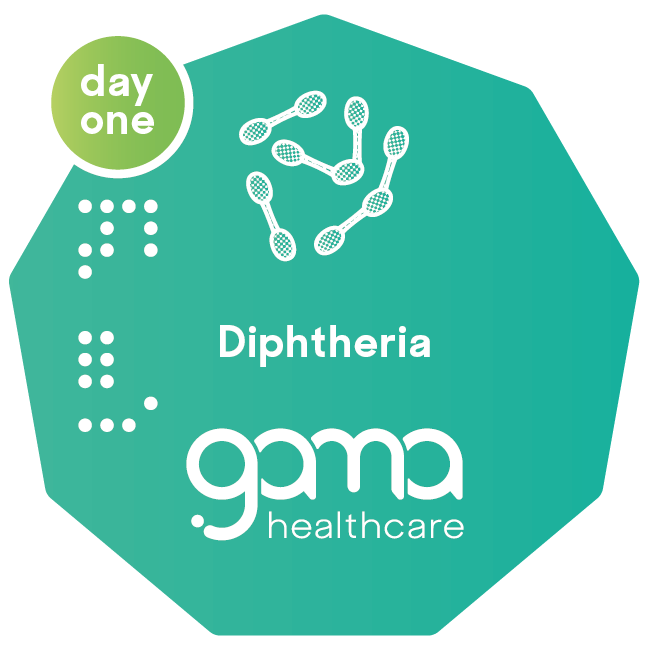
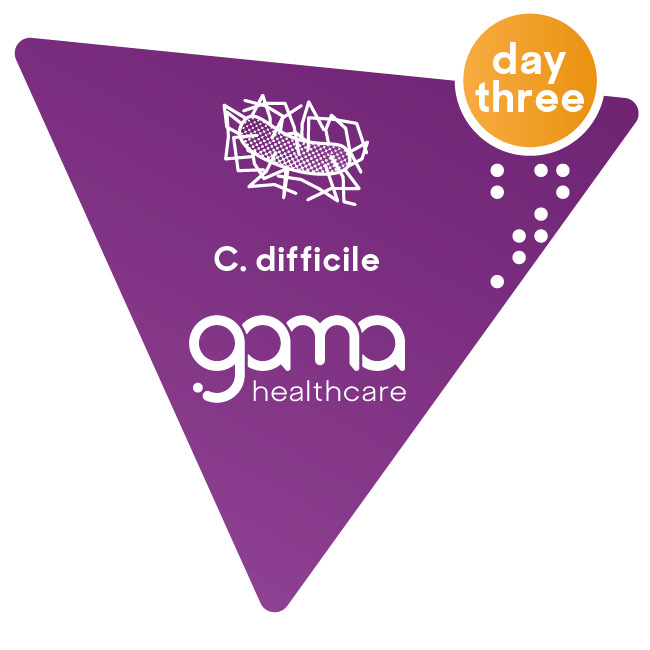
The game needed to cover all three days of the conference, so to encourage players to come back each day we had a daily winner and prize and a grand prize lottery draw for the top 5 overall players. Certain badges were only scannable on certain days as well.
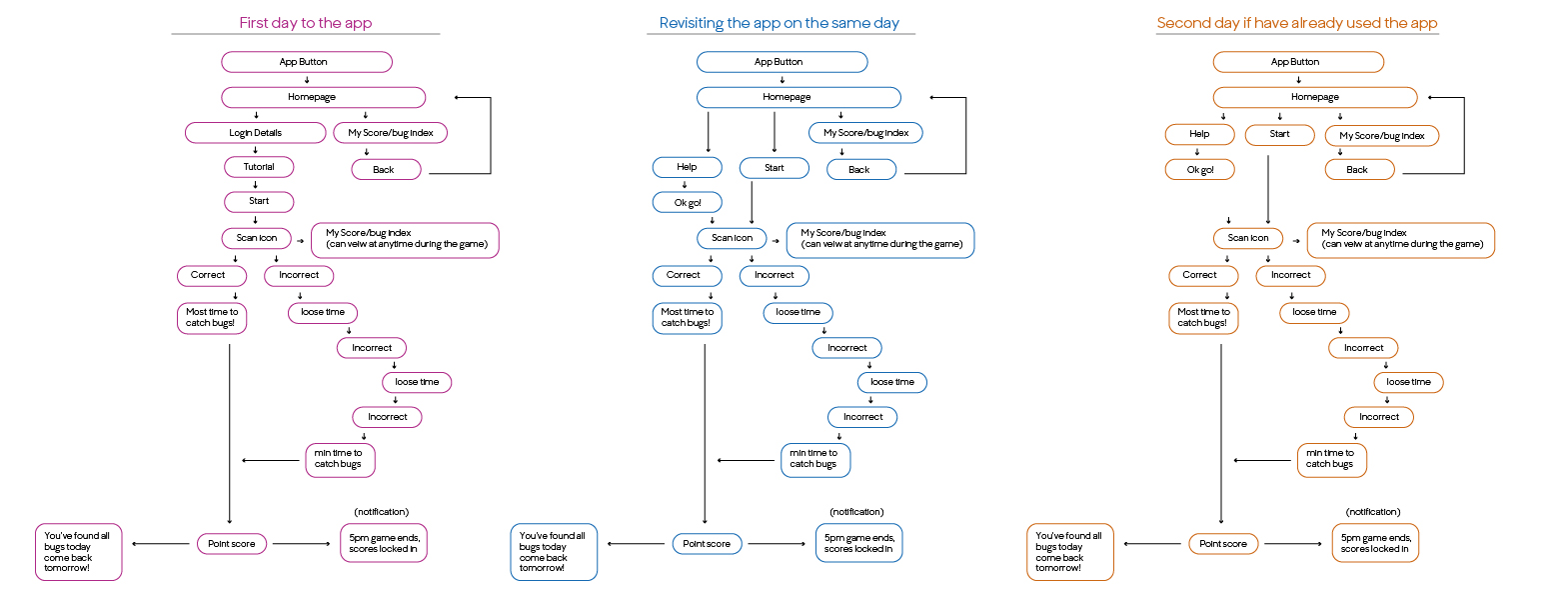
To ensure we could get the biggest pool of players, the game was built in Unity allowing it to work across both Android and iOS.
We also had to be aware of the location constraints since the exhibition hall was on a basement floor with limited internet access and signal. So we made sure the game was able to be run with minimal data requirements, the only time the players would need internet access was for their initial download and for the scoreboard to receive their score at the end of the day. This was submitted automatically at the same time that the conference ended that day.
Outcome
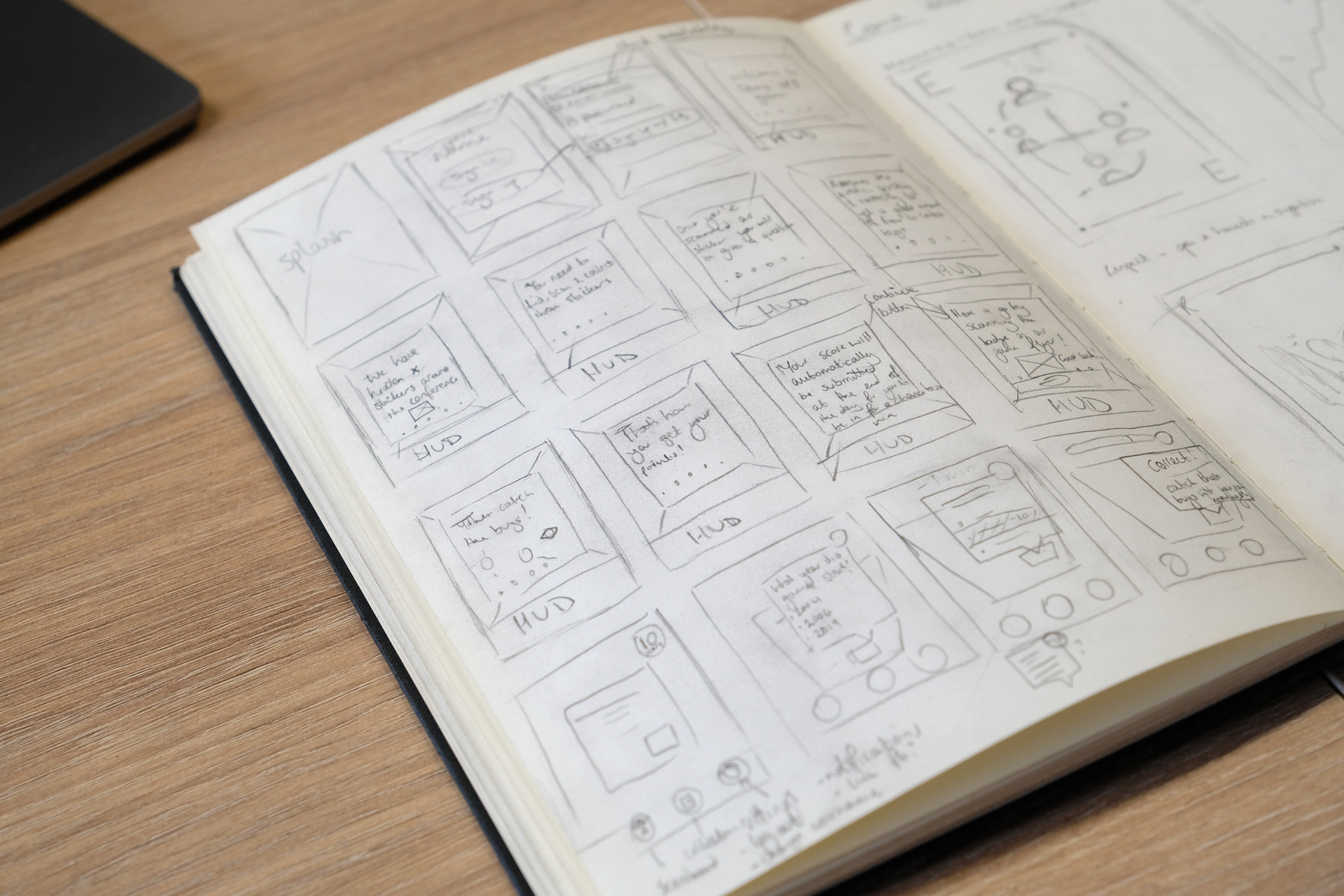
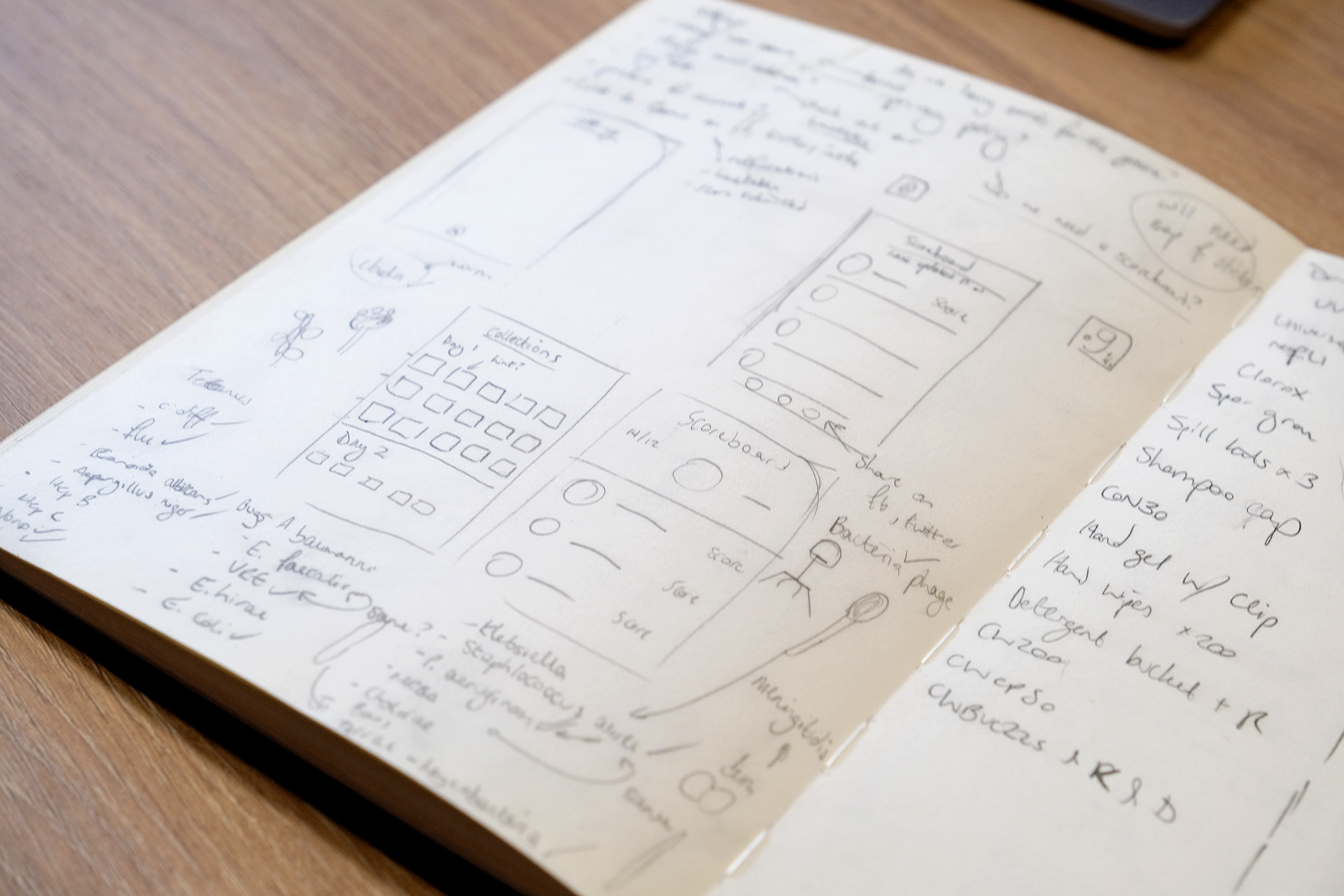
We wanted to keep the visuals bright and fun, which would reflect the styling of the stand. We also worked with an external illustrator to give our bugs an eyecatching style.
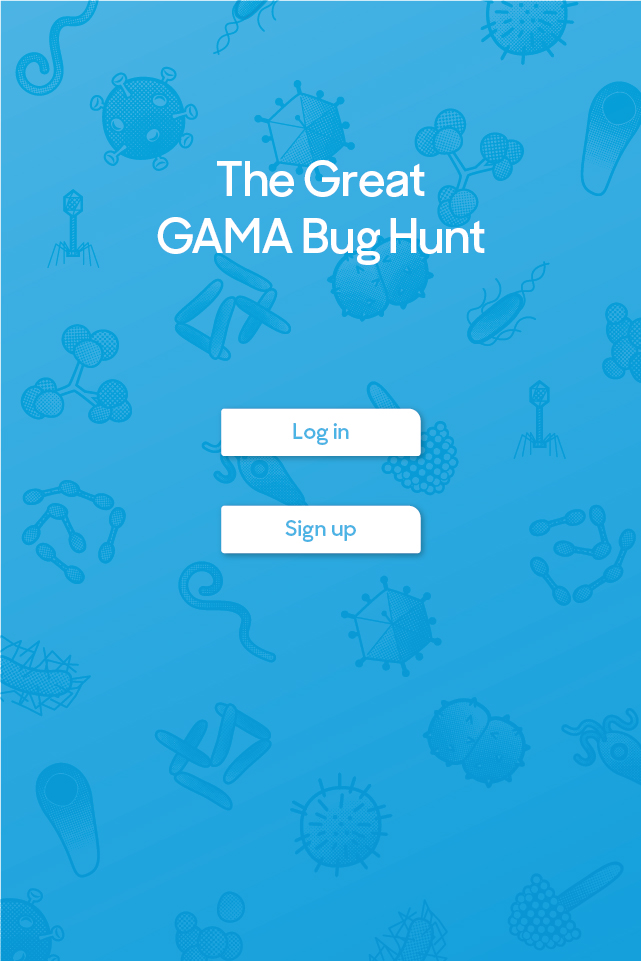

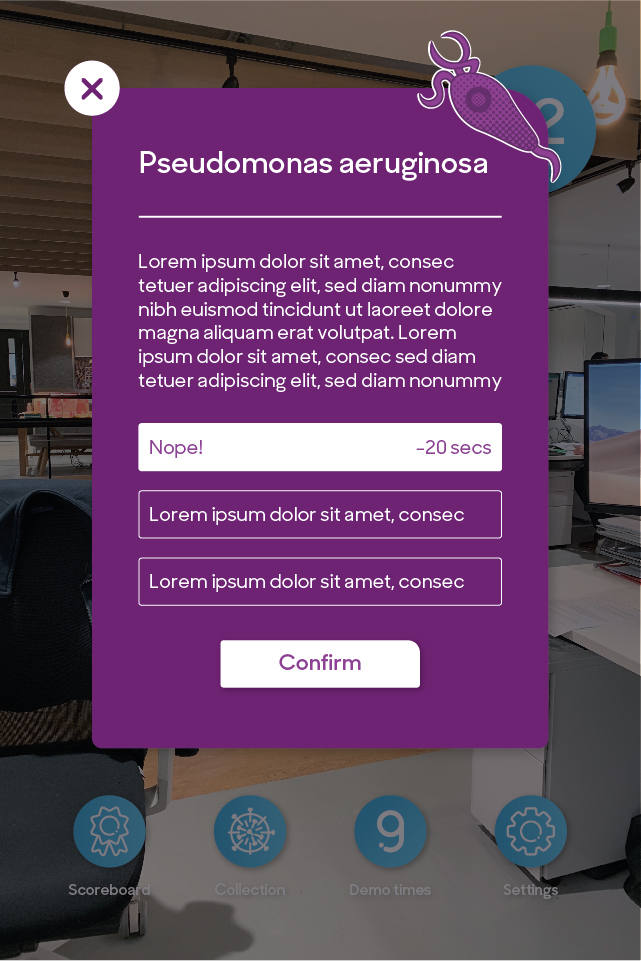
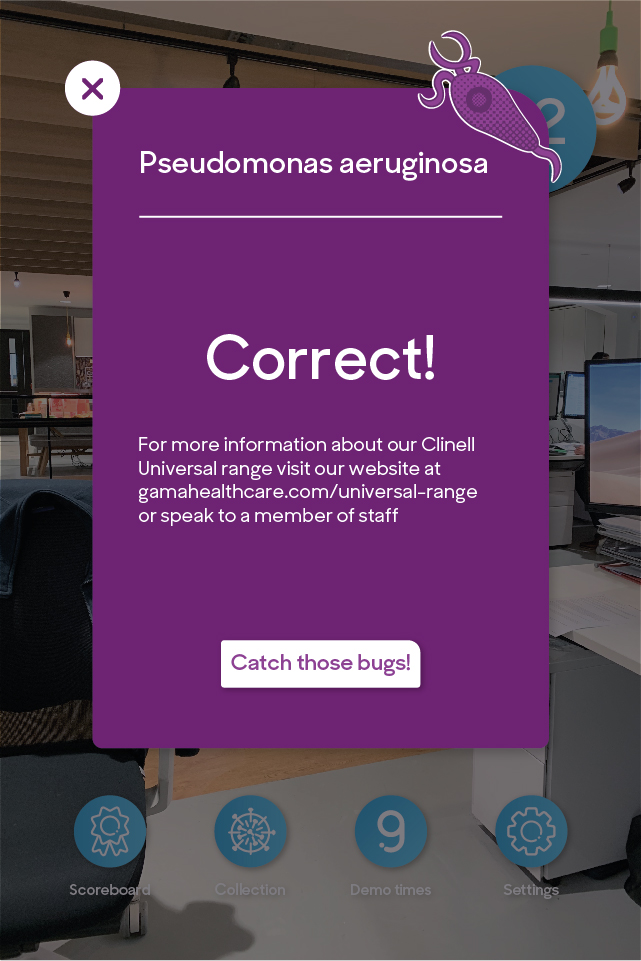
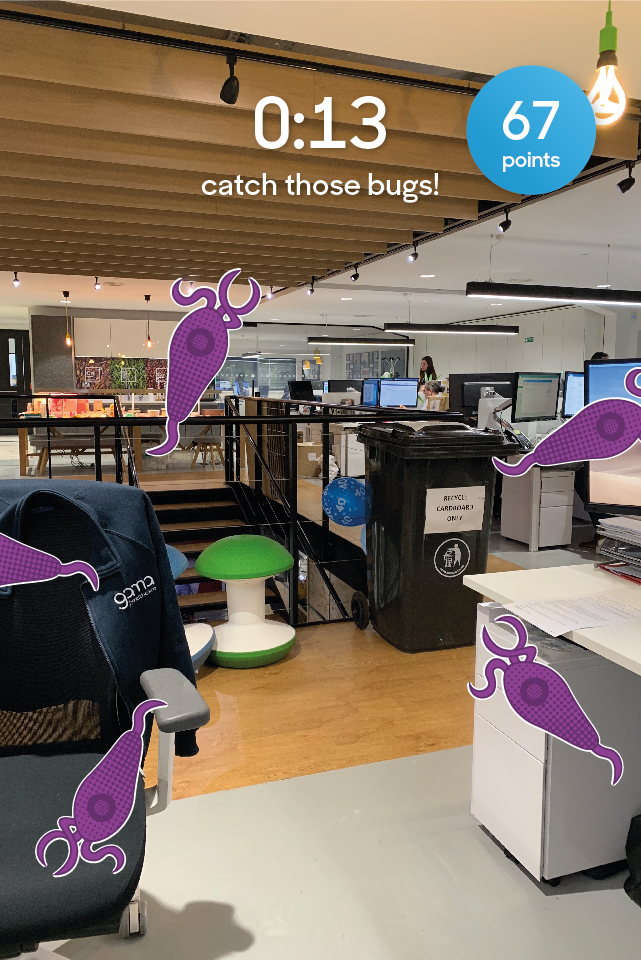
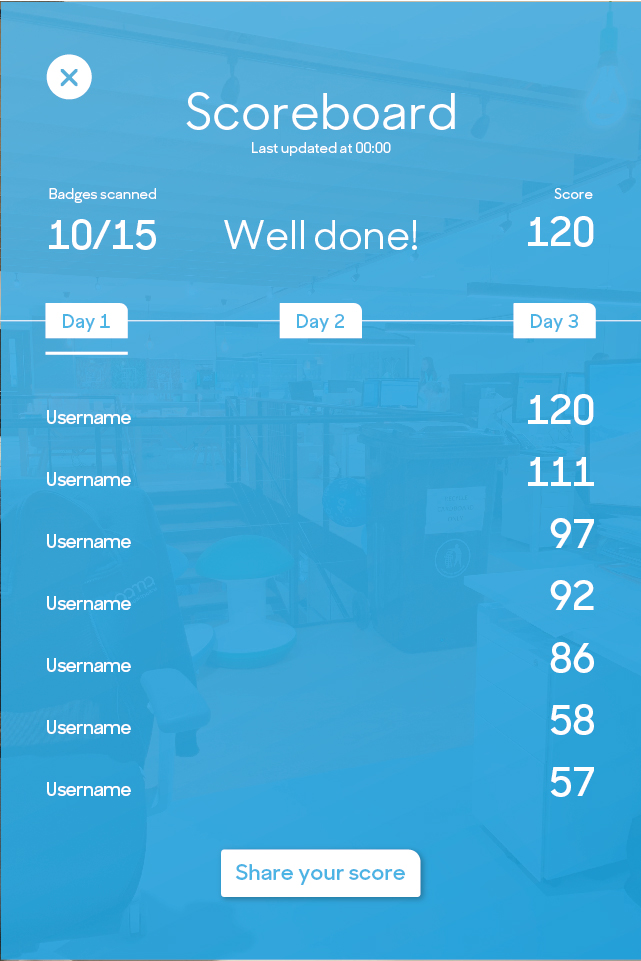
Due to time restraints, and managing other aspects of the conference, some features needed to be cut to ensure we were able to launch in time.
We had to remove the Facebook SSO, which we were hoping would allow for a more seamless sign up process, due to it needing more technical requirements than just an email and password.
We also had to remove the bug collection list, which would show players the bugs they had already caught that day and give them a fact about each bug (again, think Pokédex). This feature would have been a nice way to support further education and training, however, it was a bit too complex to complete in time.
We were able to conduct some testing throughout the office, however, we were unable to test our badges in-situ as the conference hall was not local and the stand wouldn't be built fully until the day before. This meant we did find a few problems with the system like the lighting had to be bright enough or not too bright otherwise the badges wouldn't scan.
We also found that by removing the collections feature, it was harder for players to keep track of the badges they had scanned that day. This definitely a great example of why running more thorough testing is invaluable!
However, this was useful information and feedback for future development, and in the short term, it was taken and used for a show run shortly after in Australia, where they were playing the game too.
Iteration & feedback
To continue improving and to gather more user feedback in preparation for IPS 2020 (which was eventually cancelled due to COVID), we remade the game as a Christmas edition which we had people playing throughout the office.
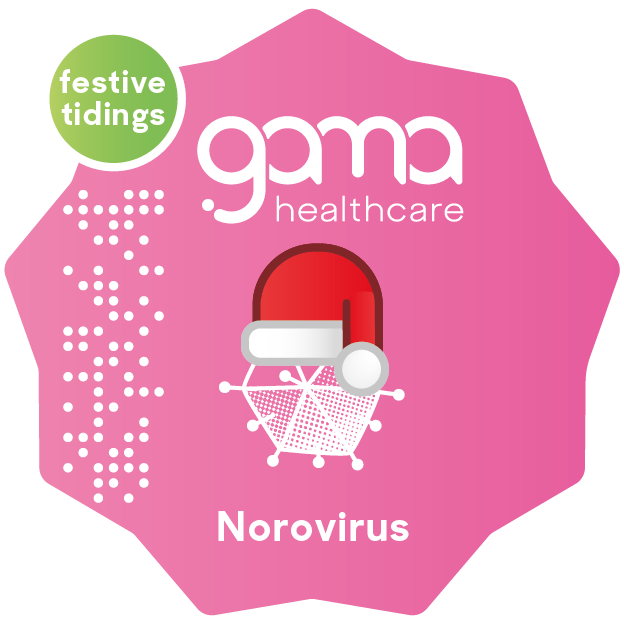

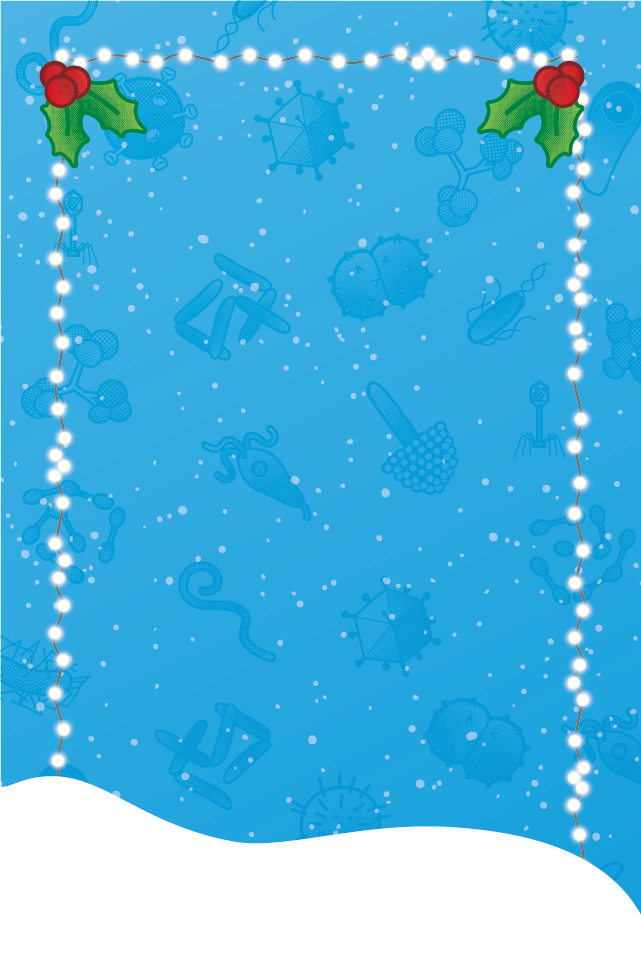
I got to work on making a more festive theme for the game and generating some hype, recreating the badges with Christmas based questions and hid them around the office. We also got a prize for the winner with the highest score.
At the end of the session, we made sure to gather feedback from the office staff for us to use for future development.
Feel free to check me out on my socials or drop me a message
Natasha Sykes © 2022

